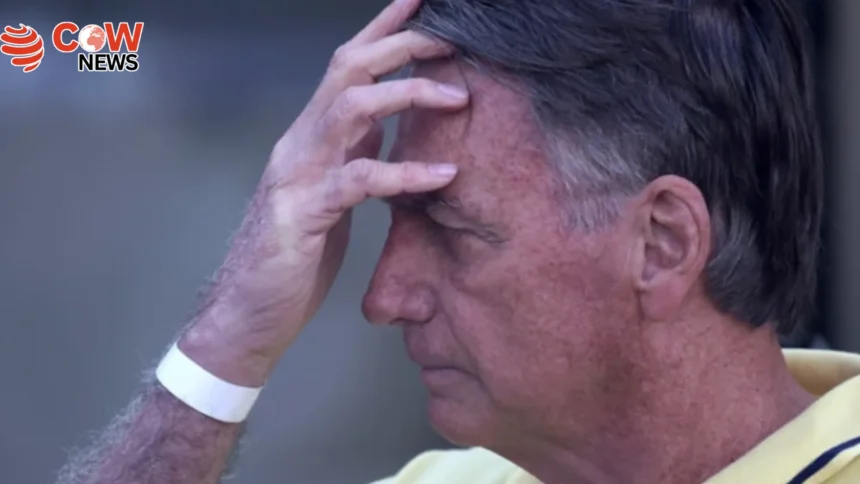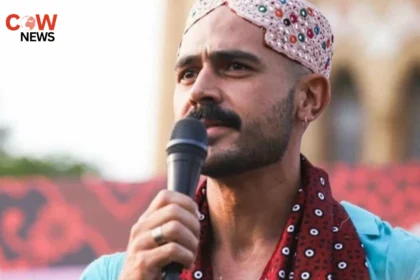Brasília (The COW News Digital) In a historic first for Brazil, controversial former President Jair Messias Bolsonaro has been sentenced to 27 years and three months in prison, marking the first time in the country’s 200-year democratic history that a former head of state faces long-term incarceration.
The Supreme Federal Court delivered the verdict following extensive investigations into Bolsonaro’s actions after the 2022 presidential elections. The court found him guilty of plotting a coup, attempting to use the military to seize power, encouraging attacks on the presidential palace and Congress, and causing damage to national heritage.
Following the ruling, the Federal Police transferred the 70-year-old former leader to a detention facility within its Brasília headquarters on Saturday, where he will serve his sentence. Prior to this, Bolsonaro had been under house arrest since August while his legal team filed appeals. However, with the appeals period now concluded, the court ordered the immediate implementation of the sentence.
Legal experts note that Bolsonaro’s conviction represents a significant milestone in Brazil’s commitment to uphold democratic institutions and the rule of law. The charges against him stemmed from his efforts to challenge the legitimacy of the 2022 election results, and his alleged attempts to mobilize the military and supporters to overthrow elected authorities.
The ruling has sparked strong reactions across the political spectrum. Bolsonaro’s supporters have denounced the decision as judicial vengeance, claiming it reflects political bias against the former president. In contrast, members of the current administration and many democracy advocates have hailed the sentence as a triumph for democratic governance and accountability.
Observers emphasize that the conviction sends a powerful message that no individual, regardless of position, is above the law in Brazil. It also serves as a deterrent against future attempts to undermine democratic institutions and national stability.
The case has drawn international attention, highlighting Brazil’s judiciary as a key actor in defending constitutional order and democratic norms. Analysts suggest that the outcome may influence political discourse and governance strategies in Brazil for years to come.
As Bolsonaro begins serving his sentence, the nation remains deeply divided, with ongoing debates over the implications for Brazil’s political landscape. Nonetheless, the landmark ruling reinforces the principle that democratic institutions must be safeguarded against attempts to subvert them.








